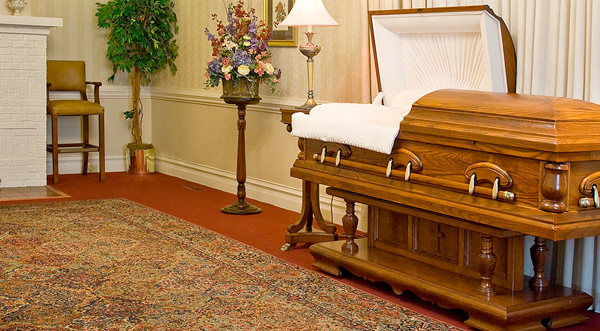Widows: Facing Life After the Death of Your Spouse
By Space Coast Daily // December 10, 2020

If you have been widowed, the avalanche of emotions that you may feel after the death of a spouse can be overwhelming. In addition to the raw grief of the loss, there are the financial, social, and logistical implications of losing a spouse that you will have to deal with. Getting through this minefield requires resources, information, and patience.
The Initial Decisions: The First Weeks
In the days in weeks following the death of a spouse, widows may feel overwhelmed by both the outpouring of support and the number of details that “closing out” a lifetime requires. There will be funeral arrangements to make, insurance policies to claim, bills to pay, and wills to review.
If the death was as a result of an accident or negligence, there may be litigation to deal with. You may have to leave your home, sell possessions, or make arrangements for the deceased’s loan payments.
The first weeks of widowhood are a whirlwind of activity that leaves little time for true grief or introspection. During this time, it helps to have trusted friends or family members to help with the administrative side of dealing with sudden death. Financial advisers and attorneys can be of help in sorting out your finances and helping you manage your money so it’ll go farther.
Practical Money Issues
There may be a financial void left when your spouse dies, so one of the steps that you will need to take is ensuring that you get all of the money you are entitled to if your spouse died as the result of someone else’s negligence. This money will help you to care for yourself and your family in the absence of the deceased.
Widows may qualify for Social Security benefits, depending on their age and family makeup. If your spouse died because of negligence or intentional harm, a wrongful death lawsuit gives the surviving family the ability to seek compensation from the person or entity responsible.
Remember that your spouse may have had veteran’s benefits if he was in the military, retirement accounts, and active checking accounts. Check all of these to see if there are any unclaimed funds available to you. If your spouse had a will, it is important to locate that as soon as possible.
Moving On: The New Normal
Many widows describe the month after their spouse’s death as harder than the initial event itself. After a while, people will stop coming by to visit, the offers of help dry up, and everyone goes back to their own lives. This is when the reality of life without the spouse sets in and the widow finds herself alone, navigating the world in a totally different way.
Being alone for the first time since you married your spouse will take some serious adjusting. You may have young children to care for alone or find yourself living completely alone for the first time in decades.
There are support groups in most communities that will help widows adjust to their post-married lives. Building up a support system helps to cope with the grief and loneliness, and there are groups for widows of all ages.
While some women who have lost their spouses jump right back into dating and subsequently re-marry, there are those who choose to stay single for the rest of their lives, finding joy in other parts of life. There is no timeline on grief and moving on, so widows are advised to do what they feel is best for themselves and their families.
Becoming a widow is never easy, even if your husband’s death was expected. By understanding the legal implications, getting the resources you’re entitled to, and taking the time you need to grieve, you will be in a better position to enjoy the rest of your life.












